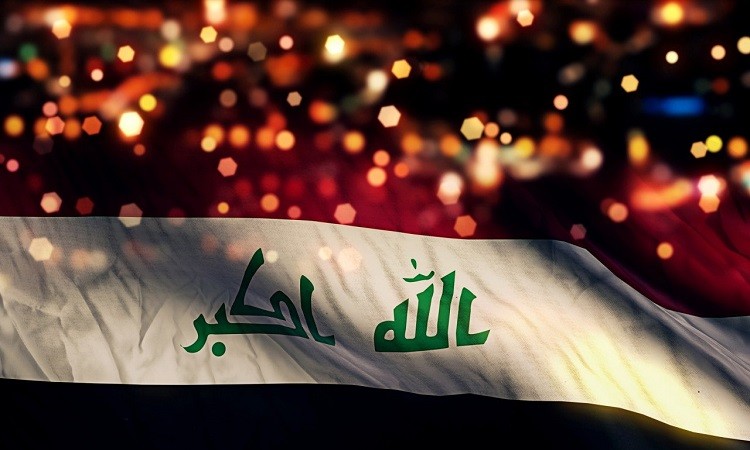
Independence Day in Iraq, observed annually on October 3, holds great significance for the nation and its people. Also known as National Iraqi Day, it marks the country's liberation from British colonial rule in 1932. This momentous occasion is celebrated with enthusiasm, patriotism, and pride, as Iraqis come together to honor their history, culture, and the hard-fought struggle for independence. On this day, the nation takes a break from its daily routine, with offices, organizations, post offices, educational institutions, and major markets all closed. Instead, the streets come alive with military and civilian parades, speeches from political leaders, and a display of the Iraqi flag--the symbol of their identity. As the sun sets, the night sky is illuminated with breathtaking fireworks, signaling the commencement of the celebrations.
The Historical Background
The road to Iraq's independence was long and arduous. After World War I, Iraq came under the League of Nations mandate, administered by the United Kingdom. This period of foreign control led to widespread discontent among Iraqis, who yearned for self-determination and sovereignty. The struggle for independence gained momentum over the years, with Iraqis participating in various forms of resistance, including protests, uprisings, and political negotiations.
One of the key milestones in Iraq's quest for independence was the Anglo-Iraqi Treaty of 1930, which paved the way for Iraq to gain autonomy from Britain. The treaty stipulated a timeline for the withdrawal of British troops and the establishment of a sovereign Iraqi government. Finally, on October 3, 1932, Iraq emerged as an independent nation, and Independence Day was born.
National Celebrations
Independence Day in Iraq is a day of unity and pride for the entire nation. The celebrations begin early in the morning and extend well into the night, with various events and activities taking place throughout the day.
Flag Hoisting: The Iraqi flag, adorned with its iconic three green stars and Arabic script, is hoisted high on flagpoles across the country. This symbolic act represents the sovereignty and identity of Iraq and is met with enthusiastic cheers from the crowd.
Military and Civilian Parades: One of the highlights of the day is the grand parades that take place in major cities, showcasing the strength and discipline of the Iraqi armed forces. Soldiers in uniform, along with military vehicles and equipment, march proudly through the streets. Civilian parades also feature traditional music, dance, and cultural displays, reflecting the diversity and heritage of the Iraqi people.
Speeches and Ceremonies: Political leaders, including the President and Prime Minister, address the nation in speeches that reflect on Iraq's journey to independence, its achievements, and its future aspirations. These speeches are often accompanied by ceremonies that pay homage to the sacrifices made by those who fought for freedom.
Cultural Performances: Throughout the day, cultural performances, exhibitions, and art displays take place to showcase Iraq's rich heritage. Traditional music, dance, and folk art add to the festive atmosphere, highlighting the country's diverse cultural tapestry.
Fireworks Spectacular: As the sun sets, the night sky comes alive with dazzling fireworks displays. Families and friends gather in parks and open spaces to witness the breathtaking pyrotechnics, which symbolize the triumph of freedom and the beginning of a new era.
Community Gatherings: Independence Day is also a time for community gatherings and picnics, where families and friends come together to share meals and enjoy each other's company. These gatherings foster a sense of unity and solidarity among Iraqis.
Iraq Independence Day, celebrated on October 3 each year, is a momentous occasion that reflects the resilience and determination of the Iraqi people. It serves as a reminder of the struggles endured to secure the nation's sovereignty and the importance of unity in moving forward. The day's festivities, which include parades, speeches, cultural performances, and fireworks, provide an opportunity for Iraqis to come together and celebrate their shared heritage and identity. As the Iraqi flag flies high and the fireworks light up the night sky, Independence Day serves as a powerful symbol of Iraq's past achievements and its bright future as a free and independent nation.